099 CD / Heinrich Schütz. Chorwerke
Description
"[...] Here the listener witnesses a rare musical experience. The twenty-three singers of the Saxon Vocal Ensemble which was founded in 1996 present an outstanding performance conducted by Matthias Jung. [...] In short: an exemplary recording." (klassik heute)
"... Twenty mixed voices are accompanied here only by an organ. No less an authority than Wilhelm Steuder writes in the notes that singing these works with or without instruments are both legitimate approaches. The Psalm of David mention no instruments in the score, although they are often used. The singers, based in Dresden, are flexible and responsive, producing exquisite tonal quality. This is certainly a worthy choice for a collector who wants a disc drawn from two of Schütz's most important books without going on to buy the complete sets that are readily available." (Fanfare)
5 reviews for 099 CD / Heinrich Schütz. Chorwerke
You must be logged in to post a review.


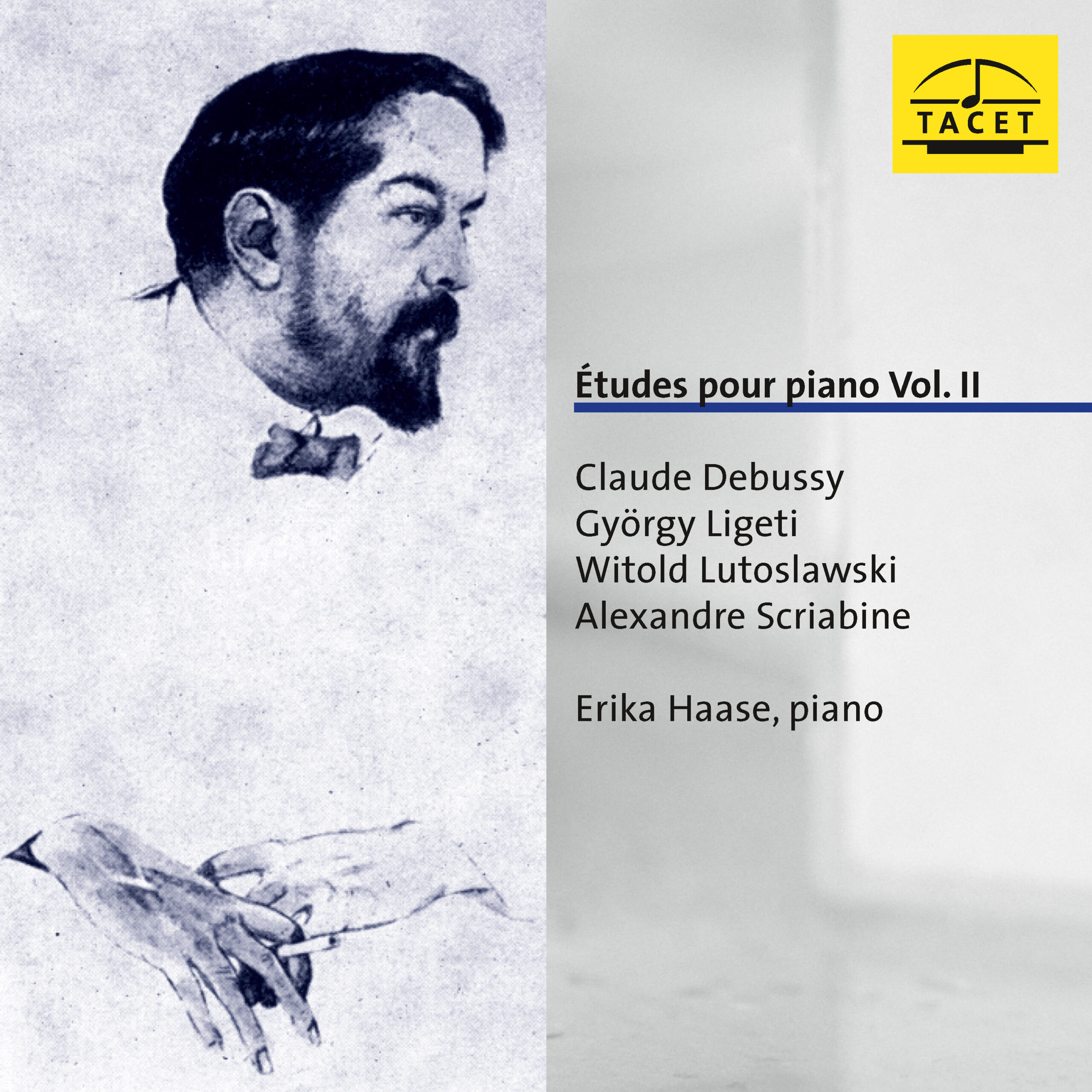
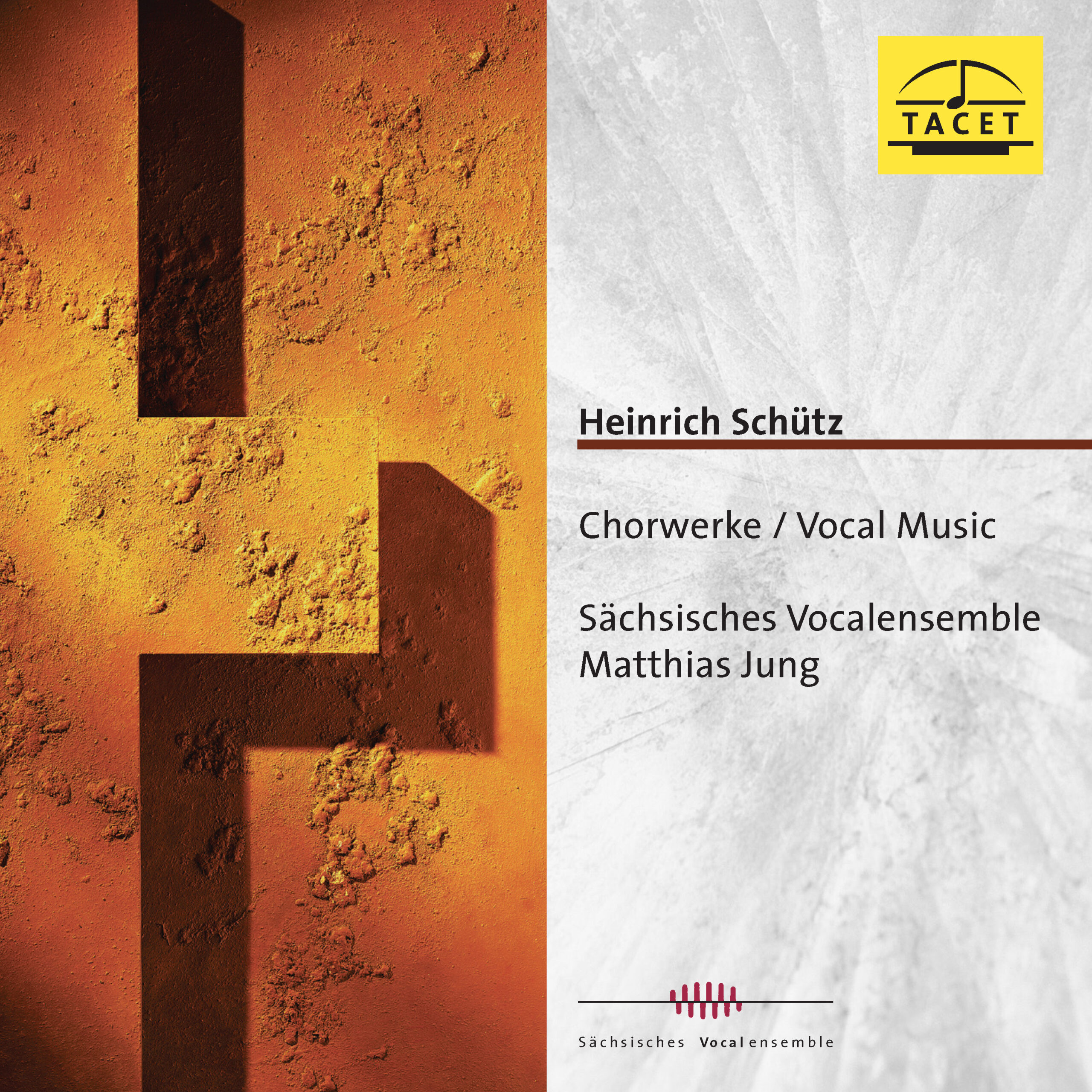
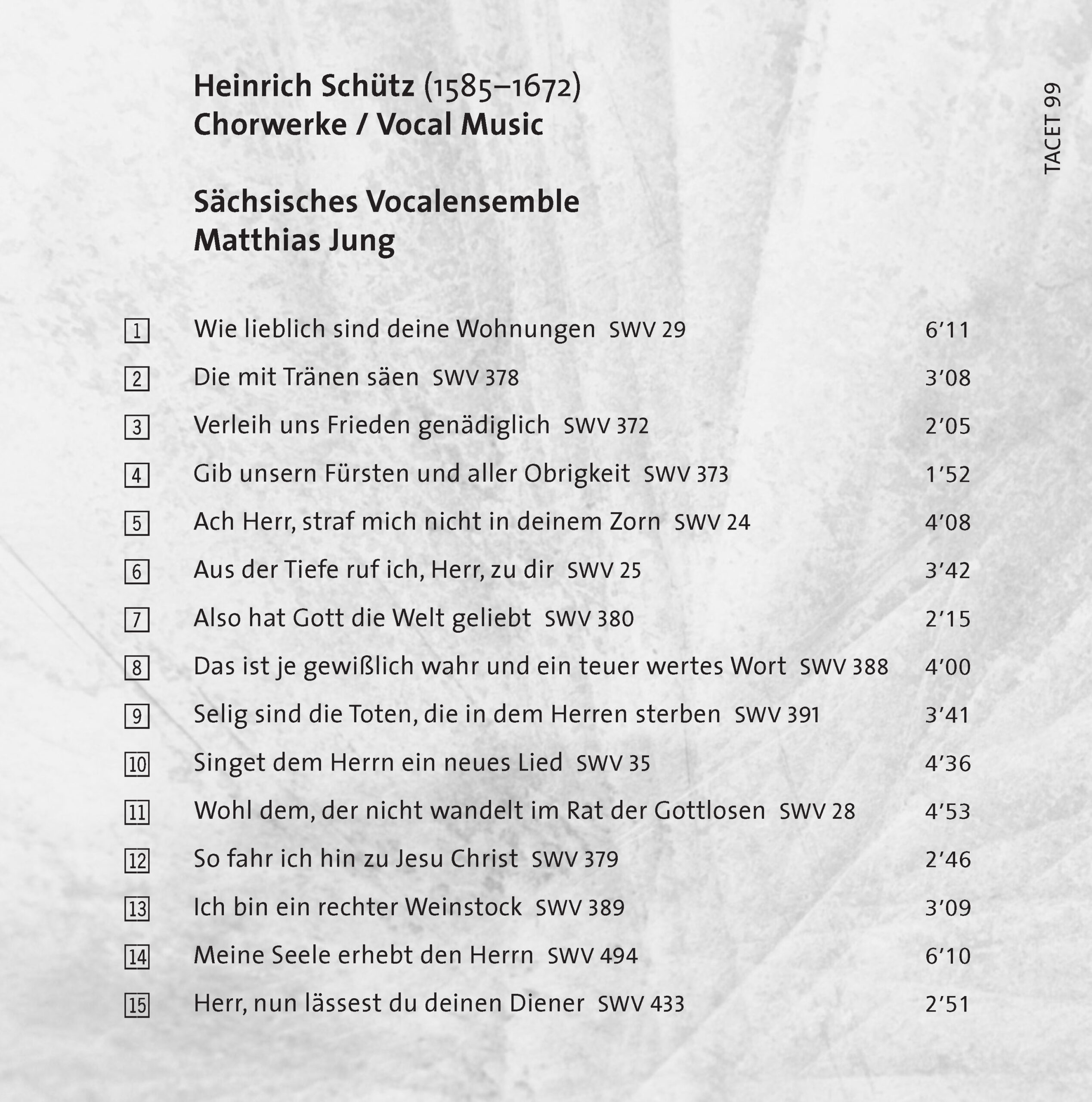

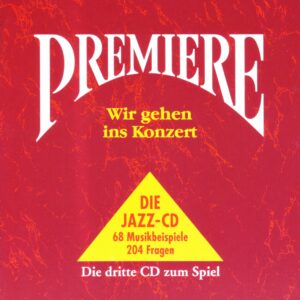

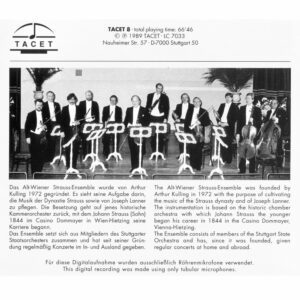

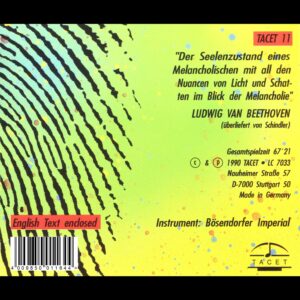
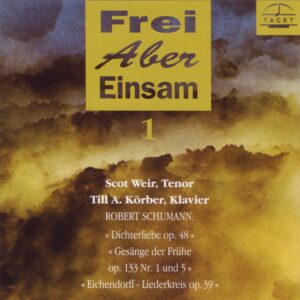
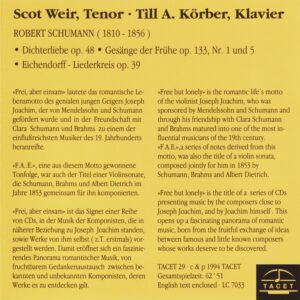
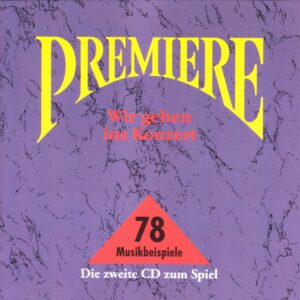
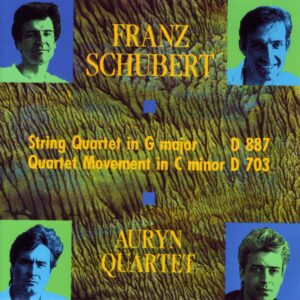
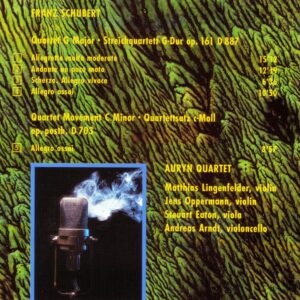
Sächsische Zeitung Dresden –
Respectful – freshly performed by the master
…The ensemble, founded in the autumn of 1996 by its director Matthias Jung, has made it its mission to cultivate significant, including lesser-known, vocal works, primarily from the Saxon musical landscape. Alongside treasures from older music history, compositions of the 20th century form another focal point of the ambitiously working, purposeful ensemble. Its chamber-music-sized small formation, which requires homogeneous soloistic singing, allows for the highest degree of tonal and linguistic subtlety and plasticity, as well as structural penetration. The present CD impressively documents these strengths of the ensemble. At the same time, it is a testament to the conceptual clarity and interpretive-stylistic authority of the now 35-year-old conductor. From 1994 to 1996 he served as interim Kreuzkantor and has visibly matured in profile and persuasiveness. He should receive greater opportunities in Dresden’s musical life. What Jung promisingly began with the continuation of the Kreuzchor’s Schütz tradition has reached a remarkable culmination on this CD…
Fono Forum –
Careful
The Saxon Vocal Ensemble can only be congratulated on its debut…
Dresdner Neueste Nachrichten –
First-class: Vocal works by Schütz
…It is—let us almost say euphorically—truly unmitigated pleasure that one experiences when listening to this recording. …an interpretation exemplary in terms of performance practice, lacking neither freshness nor precision. Schütz’s high artistic demands, his tightly woven union of language and music, are more than adequately met here. …Not least, it is deeply gratifying to observe how a rich cultural heritage remains alive even after centuries. We need have no fear for it, as long as ensembles like this exist…
Klassik heute –
A selection of Heinrich Schütz’s best-known and most popular choral works—so to speak, the “choir hits.” One might think there are already plenty of recordings with such a program—until the first notes of this recording sound, for here the listener is treated to a rare musical experience. The 23 singers of the Saxon Vocal Ensemble, founded in 1996, deliver an exemplary performance under the direction of Matthias Jung. The sound is fresh and beautifully rounded, the intonation perfect—and, something still far from a given even today in many professional vocal ensembles: the articulation is simply exemplary in its homogeneity and clarity of diction. Added to this is a musical conception that captivates not through a “weighty” or over-dramatized approach, but through subtle dynamic shading (Also hat Gott die Welt geliebt, Wohl dem, der nicht wandelt) and tonal transparency. In short: a reference recording.
Éva Pintér
Fanfare-Magazin –
... Twenty mixed voices are accompanied here only by an organ. No less an authority than Wilhelm Steuder writes in the notes that singing these works with or without instruments are both legitimate approaches. The Psalm of David mention no instruments in the score, although they are often used. The singers, based in Dresden, are flexible and responsive, producing exquisite tonal quality. This is certainly a worthy choice for a collector who wants a disc drawn from two of Schütz′s most important books without going on to buy the complete sets that a readily available. The umber of pieces chosen might have been more generous, which would have made the recommendation even warmer.
J. F. Weber